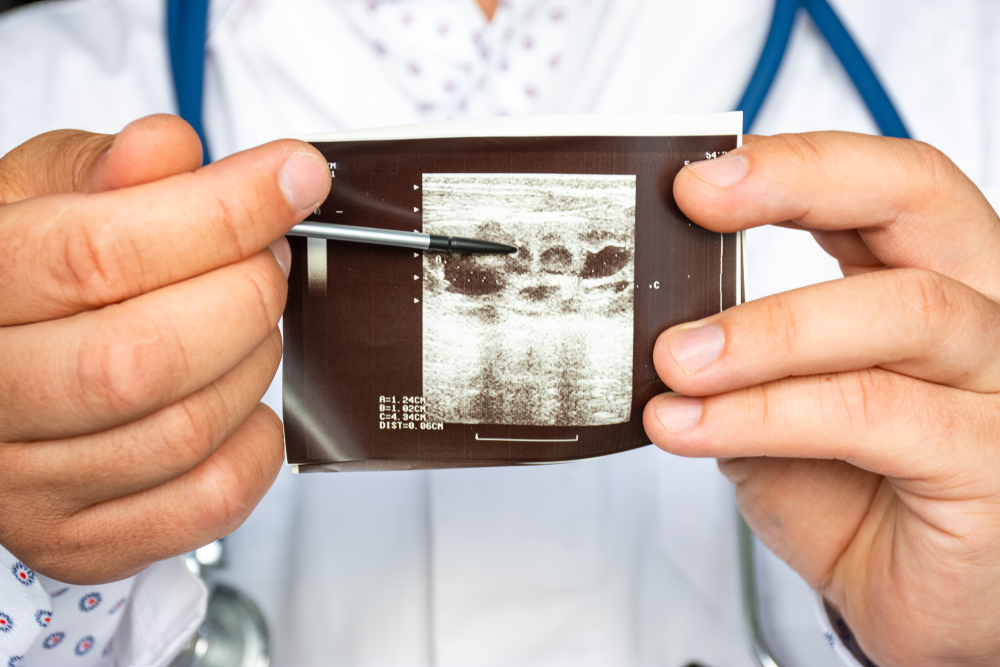Hydronephrosis is a disease that primarily affects the kidneys of a person due to the swelling of one or both organs when the urine cannot be appropriately drained that results in a buildup inside the kidney.
Blockages of the ureters (the essential internal tube wherein urine flows from the bladder to the kidneys, and from the organs to the genitals for discharging) are the common cause for this disease happening to many people around the world. Additionally, if a person has inherited any form of anatomical defect, they can also contract this disease.
This disease can happen to anyone at any age, and even infants can be affected. There are also some cases wherein the diagnosis of this disease can be made during the prenatal ultrasound test.
Currently, there are two known causes of Hydronephrosis developing in one’s system. When the urinary system is functioning normally, a tube from the kidneys called ureter is used to drain urine. However, either due to urine buildup or it backing up from the ureter to the kidneys, the said disease can develop from it.
Below are the two common causes for the said disease, which are listed below:
Urinary tract blockage (partial). This commonly happens in the ureter, at the point of the kidney-ureter junction. However, there are cases wherein the blockage occurs in the bladder-ureter terminal instead, which is an uncommon occurrence.
Vesicoureteral reflux. Usually happens when a backward flow happens, instead of the normal forward flow for urine flowage to the kidneys, coming from the bladder. This causes the organs to swell when this flow happens, instead of the other way around.


